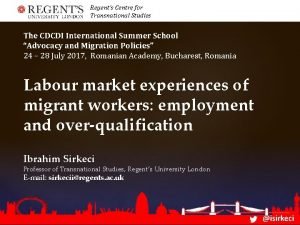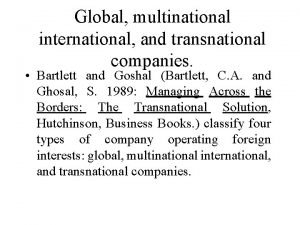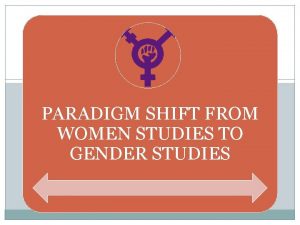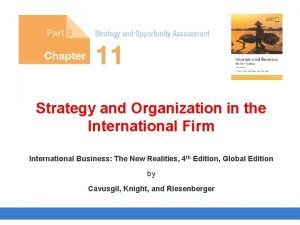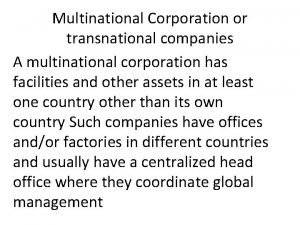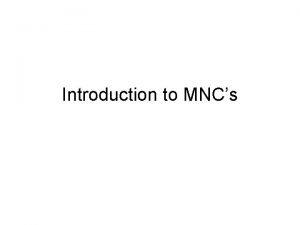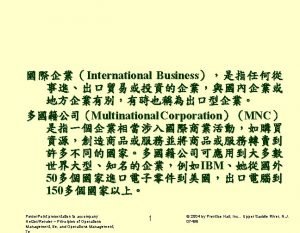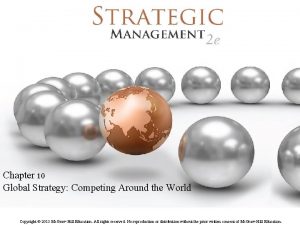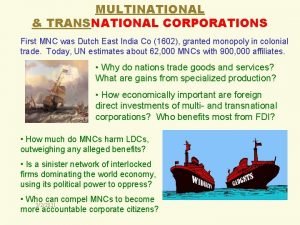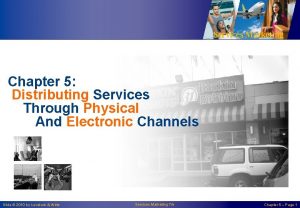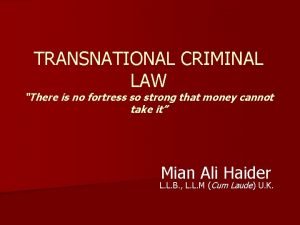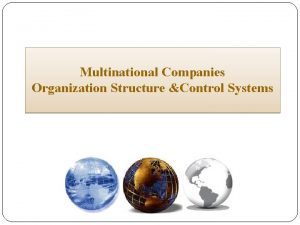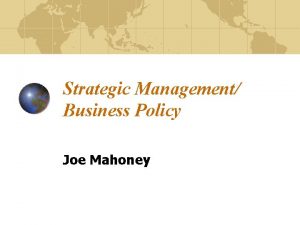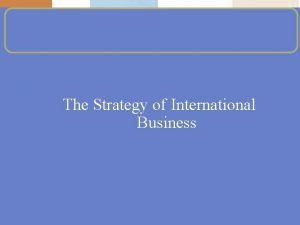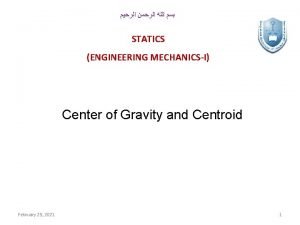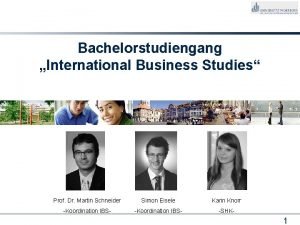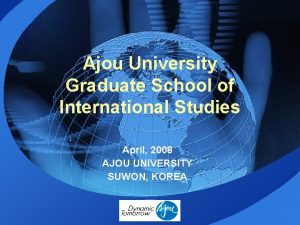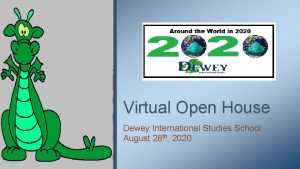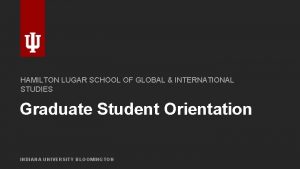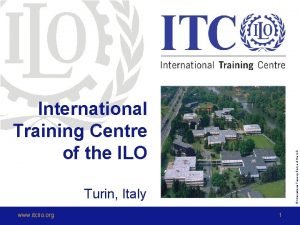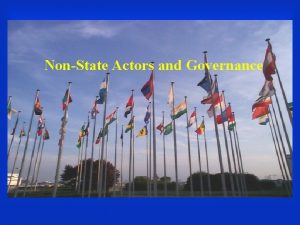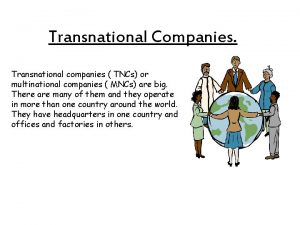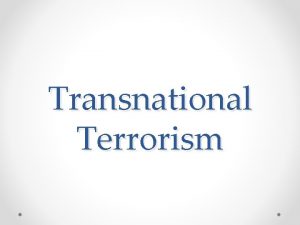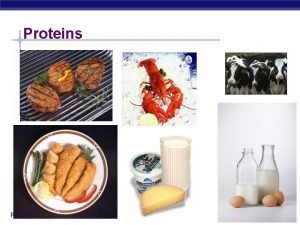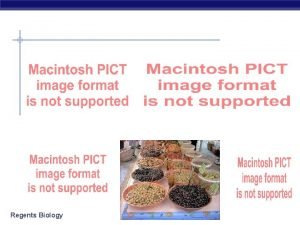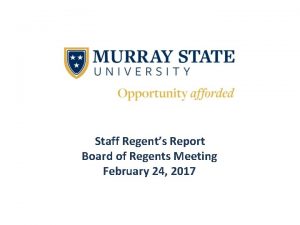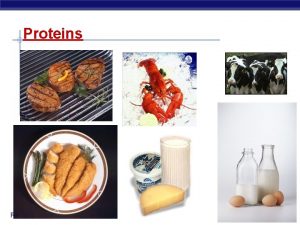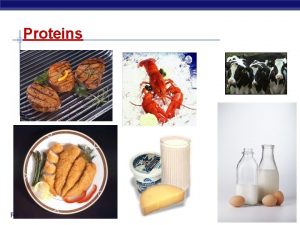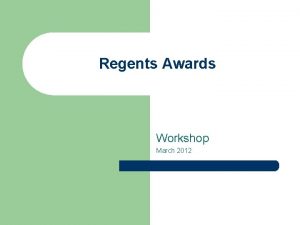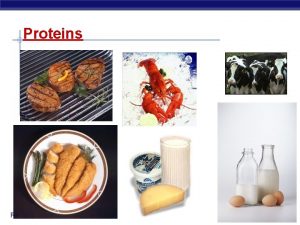Regents Centre for Transnational Studies The CDCDI International

















![Regent’s Centre for Transnational Studies Integration: Labour market -employment [CATEGORY NAME] [PERCENTAGE ] [CATEGORY Regent’s Centre for Transnational Studies Integration: Labour market -employment [CATEGORY NAME] [PERCENTAGE ] [CATEGORY](https://slidetodoc.com/presentation_image_h/19d1e6a14eadefb679d9ebcebf83c009/image-18.jpg)








- Slides: 26

Regent’s Centre for Transnational Studies The CDCDI International Summer School “Advocacy and Migration Policies” 24 – 28 July 2017, Romanian Academy, Bucharest, Romania Labour market experiences of migrant workers: employment and over-qualification Ibrahim Sirkeci Professor of Transnational Studies, Regent’s University London E-mail: sirkecii@regents. ac. uk @isirkeci

Regent’s Centre for Transnational Studies Agenda: Over-education – discrimination Skill levels mismatch Muslim and Black minorities A 8 Nationals in high skilled jobs A 8 vs other ethnic groups Impact of the financial crisis 2 @isirkeci

Regent’s Centre for Transnational Studies LABOUR MIGRANT VS OTHERS ECONOMIC MIGRANT VS REFUGEE ? ? ? 3 @isirkeci

Regent’s Centre for Transnational Studies MYTH OR REALITY MIGRANTS AND MIGRANT WORKERS: ~ 3. 4% IN THE WORLD ~ 13% IN THEUK A 8 NATIONALS: ~2% (~ 15% OF ALL) 84% ARE OF WORKING AGE 58% IN LONDON AND SOUTHEAST EU 15 COUNTRIES : SIMILAR SIZE & PATTERNS 4 @isirkeci

Regent’s Centre for Transnational Studies Britain’s immigrants: Foreign-born by origin 12. 7% and 7, 993, 480 foreign born by 2011 At least people from 220 countries ! ONS, 2016, APS 5 @isirkeci

Regent’s Centre for Transnational Studies Britain’s immigrants 12. 7% and 7, 993, 480 foreign born by 2011 Foreign-born by religion: Other 19% No religion 14% Muslim 19% Muslim 3% No religion 27% Christian 61% Christian 48% Non-UK born Other 9% UK born The 2011 UK Census 6 @isirkeci

Regent’s Centre for Transnational Studies Ethno-religious categories 7 Ibrahim Sirkeci school to work @isirkeci

Regent’s Centre for Transnational Studies Share of A 8 nationals among minorities, 2005 -2012 Source: APS 8 @isirkeci

Regent’s Centre for Transnational Studies Low stock+high flow=periodic/circular movements 9 @isirkeci

Regent’s Centre for Transnational Studies Integration defined and measured Two way street: Dame Casey report ? Disadvantages: } Blacks, Muslims, Eastern Europeans, Asians, Atheists… Discrimination: Slow process: no miracles Labour Markets & Economics: unemployment, inactivity, over-qualification Politics: citizenship, participation Social and Cultural: civic engagement, support, emotions 10 @isirkeci

Regent’s Centre for Transnational Studies Ethnic and racial penalties? Easy to speak about ethnic and racial penalties Discrimination or Disadvantages? Black people Muslim groups Eastern European migrants Migration penalties ? 11 @isirkeci

Regent’s Centre for Transnational Studies Human Capital transfers moderated by: - knowledge of how national labour markets work - language skills - skills specific to particular occupations - differences in technology - legal or licensing barriers - cultural differences (Chiswick and Miller, 2009) 12 @isirkeci

Regent’s Centre for Transnational Studies Factors leading to over-education among immigrants: - poor ability in the local language - lack of local work experience - non-recognition of academic qualifications - limited knowledge about how the labour market functions - inability to enter regulated professions requiring membership of professional bodies - insufficient financial resources to fund long job searches 13 @isirkeci

Regent’s Centre for Transnational Studies Overqualification among immigrants is common: - more common in older EU states (EU 15) - A 8 nationals: high employment; low paid, elementary jobs - high skilled and high education levels - ethnic penalties exist in the UK labour market (Khattab et al. Johnston et al. ; Modood; Heath) - very few studies comparing A 8 vs others 14 @isirkeci

Regent’s Centre for Transnational Studies How to measure: - Skills mismatch skills required for the occupation – skills acquired by education = Skill level distance score - ISCED-97: 4 levels of education - SOC 2000: skill levels for occupational classifications - Annual Population Survey (APS) data - Census sample data - Aged 16 to 59 (F) / 16 to 64 (M) 15 @isirkeci

Regent’s Centre for Transnational Studies Measuring school-to-work transition 16 Ibrahim Sirkeci - school to work transition 16 @isirkeci

Regent’s Centre for Transnational Studies Measuring school-to-work transition Skill level – qualification level = transition score Range: -4 to +4 Occupational level Qualification level Returns 0 0 +4 1 1 2 2 3 3 4 4 0 -4 17 Ibrahim Sirkeci - school to work transition 17 @isirkeci
![Regents Centre for Transnational Studies Integration Labour market employment CATEGORY NAME PERCENTAGE CATEGORY Regent’s Centre for Transnational Studies Integration: Labour market -employment [CATEGORY NAME] [PERCENTAGE ] [CATEGORY](https://slidetodoc.com/presentation_image_h/19d1e6a14eadefb679d9ebcebf83c009/image-18.jpg)
Regent’s Centre for Transnational Studies Integration: Labour market -employment [CATEGORY NAME] [PERCENTAGE ] [CATEGORY NAME] [PERCENTA GE] 18 [CATEGORY NAME], [VALUE] [CATEGORY NAME], [PER CENTAGE] [CATEGORY NAME], [VALUE] White British, APS 2012 Employed; 38. 9% Self-employed; 8. 4% Unemployed; 6. 3% Inactive; 35. 3% FT student; 11. 2% Asian, APS 2012 @isirkeci

Regent’s Centre for Transnational Studies Integration: Labour market –over-qualification White British, APS 2012 Overqualified. ; 23. 1% Extremely Over-Q. ; 1. 0% Underqualified; 11. 9% Extremely Under-Q. ; 0. 6% Asian, APS 2012 Overqualified. ; 29. 1% Matching; 63. 5% Extremely Over-Q. ; 2. 9%Matching; 55. 5% Underqualified; 11. 1% Extremely Under-Q. ; 1. 4% 19 @isirkeci

Regent’s Centre for Transnational Studies Returns to education - 4/-3 -2 -1 0 1 2 Christian Irish 1. 65 1. 46 1. 71 1. 30 0. 99 1. 04 Muslim Indians 1. 70 0. 94 0. 64 0. 71 0. 73 1. 06 Muslim Pakistani 2. 71 1. 49 0. 83 0. 73 0. 83 1. 34 Muslim Bangladeshi 1. 63 0. 93 0. 61 0. 54 0. 57 1. 17 Hindu Indians 1. 99 1. 45 0. 85 0. 95 0. 66 0. 82 Sikh Indians 2. 06 1. 25 0. 75 0. 63 0. 69 0. 91 Jewish White British 1. 45 0. 98 0. 95 1. 04 0. 61 0. 62 Christ. Black Carib. 2. 03 1. 79 1. 53 1. 06 1. 09 0. 88 Christian Black Afr. 18. 48 9. 92 6. 24 3. 69 1. 36 0. 96 Chinese 1. 60 1. 02 0. 76 0. 67 0. 40 0. 78 No religion Wht. Brt. 1. 72 1. 48 1. 32 1. 37 1. 08 1. 04 Other 2. 48 1. 70 1. 39 1. 27 0. 96 0. 95 Odds ratio for the distance between occupation and qualification (returns to education) Ref: highest return The model controls for gender, age, marital status, family type, place of birth and housing 20 @isirkeci

Regent’s Centre for Transnational Studies How to interpret these: All minority ethno-religious groups face some kind of disadvantage No evidence that Muslims are the most disadvantaged group Adding religion and using the distance between occupational skill level and qualification level is a finer tool to analyse inequalities incorporating variables of economic activity status, educational qualification, and occupational level 21 @isirkeci

Regent’s Centre for Transnational Studies What else plays a role? Level of deprivation are associated with unemployment, economic inactivity and lower levels of self-employment Overseas born people are not different in terms of unemployment and economic activity, but more likely to be self-employed. Probably a way to avoid ethnic penalties. Non-white groups face more LM penalties than other groups (Jews and Irish and who else? ? ? ) 22 @isirkeci

Regent’s Centre for Transnational Studies Table 3: Model I Logistic Regression with ethnicity and religion as separate categories for years 2005 -2012, by socio-demographic variables. Note: Odds ratios in bold indicate significance levels at p<0. 05. @isirkeci

Regent’s Centre for Transnational Studies Table 3: Model I Logistic Regression with ethnicity and religion as separate categories for years 2005 -2012, by socio-demographic variables. Note: Odds ratios in bold indicate significance levels at p<0. 05. @isirkeci

Regent’s Centre for Transnational Studies HOW TO INTERPRET THESE: - Religion was overall not changing the patterns, except for Jewish - Financial crisis seemingly did not increase such discrimination - Unlike other groups, A 8 nationals along with Black Africans have been overrepresented in over-educated group through the period (compared to White British). - single people, temps, part timers, are more likely to be overqualified - in London, there is less overqualification - more likely in Wales and Scotland 25 @isirkeci

Regent’s Centre for Transnational Studies Discussion Questions - What determines the labour market outcome differences between immigrants and local labourers? - What is the difference between discrimination and disadvantages? - What are the differences between unemployment and inactivity and what is the role of culture? E-mail: sirkecii@regents. ac. uk 26 @isirkeci
 Cdcdi
Cdcdi Domestic international multinational global transnational
Domestic international multinational global transnational Transnational multinational global international
Transnational multinational global international Paradigm shift from women studies to gender studies
Paradigm shift from women studies to gender studies Home replication strategy example
Home replication strategy example Disadvantages of mncs
Disadvantages of mncs Mnc introduction
Mnc introduction Multidomestic strategy vs transnational strategy
Multidomestic strategy vs transnational strategy Transnational crime and the developing world
Transnational crime and the developing world Transnational strategy vs global strategy
Transnational strategy vs global strategy First transnational corporation
First transnational corporation Disney transnational strategy
Disney transnational strategy Marketing chapter 5
Marketing chapter 5 Transnational crime examples
Transnational crime examples Domestic structure plus foreign subsidiary
Domestic structure plus foreign subsidiary A transnational corporate-level strategy seeks to achieve
A transnational corporate-level strategy seeks to achieve A firm pursuing a transnational strategy would believe that
A firm pursuing a transnational strategy would believe that Blencathra field centre
Blencathra field centre Laurie baker centre for development studies
Laurie baker centre for development studies Centroid formula
Centroid formula Difference between centroid and centre of gravity
Difference between centroid and centre of gravity International management with american business studies
International management with american business studies Katriona fraser
Katriona fraser Ajou university gsis
Ajou university gsis Dewey international studies
Dewey international studies Hamilton lugar school of global and international studies
Hamilton lugar school of global and international studies International training centre of the ilo torino
International training centre of the ilo torino
